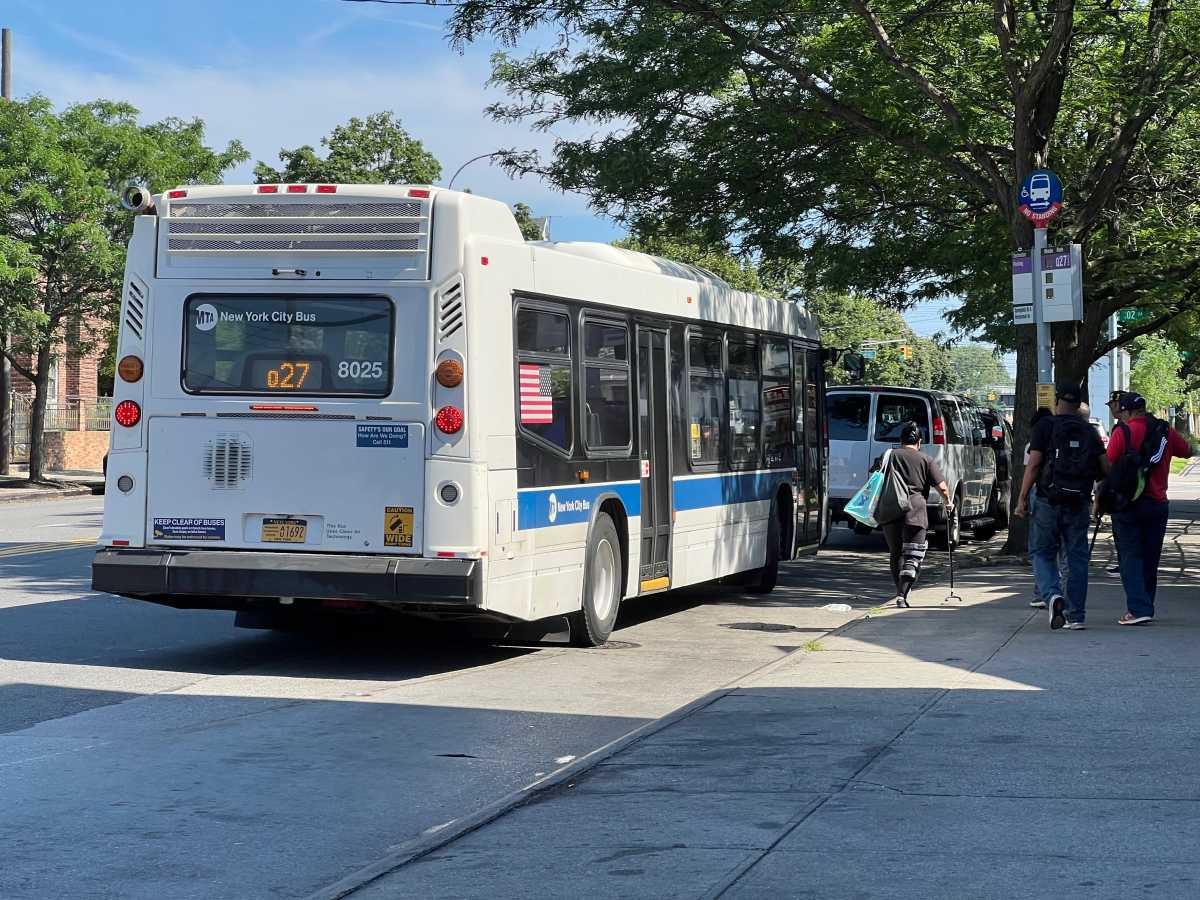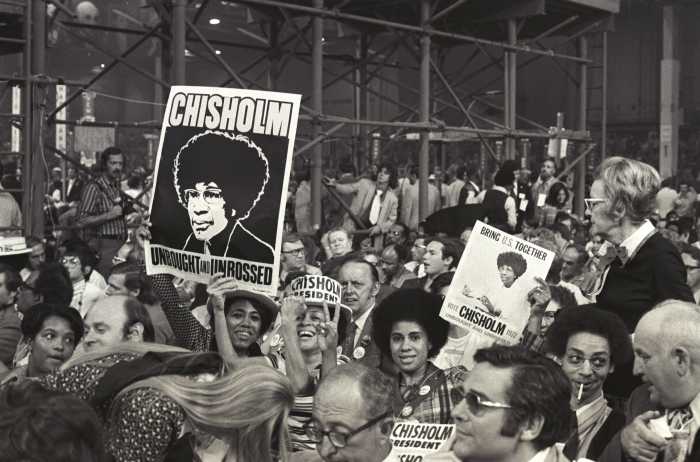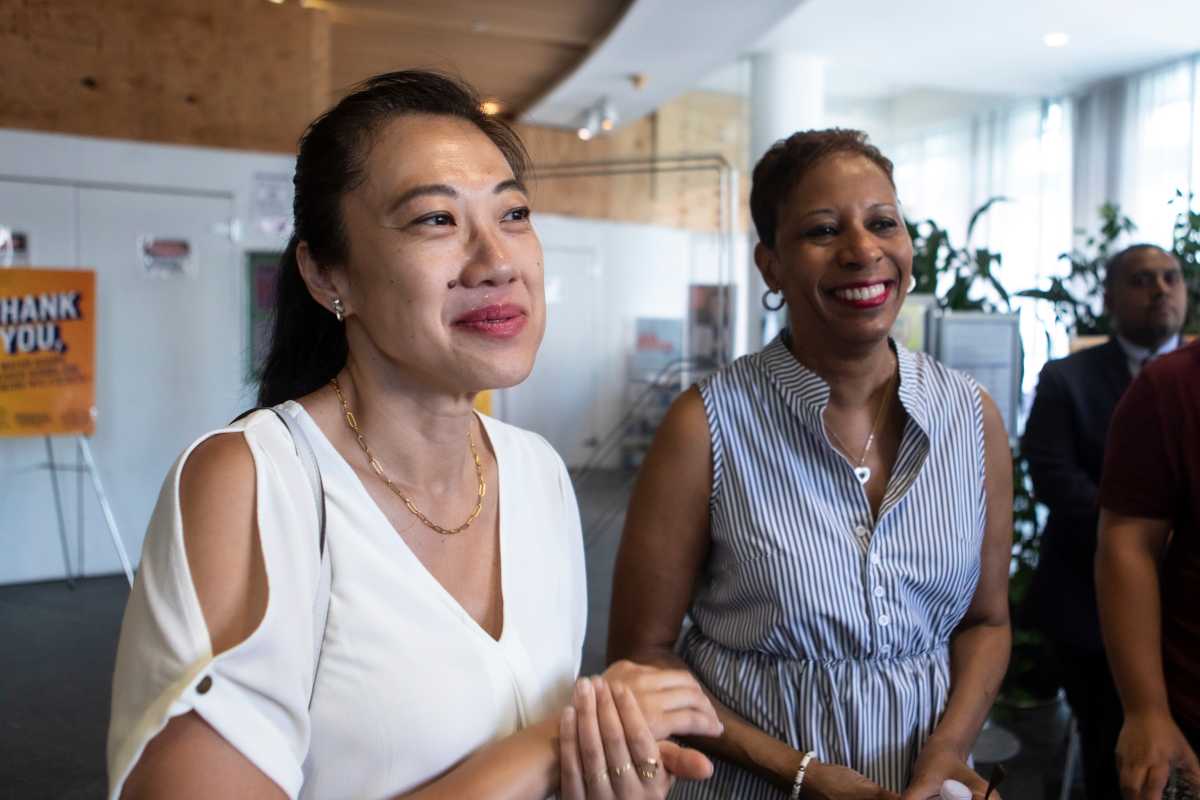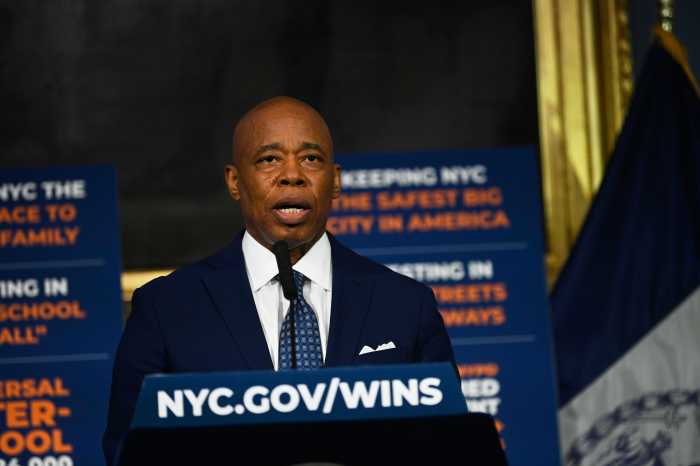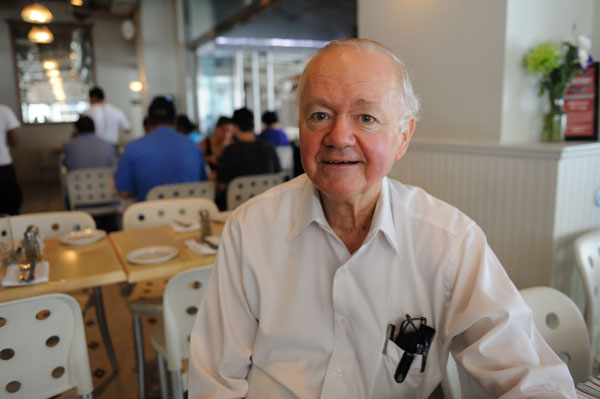
BY Terese Loeb Kreuzer
After 18 years living and working as an attorney in New York City, Community Board 1 member Bill Love is packing his bags to return to Virginia. Love discusses his career path, his role in community politics and his move.
You graduated from law school at the age of 50. What had you done before that?
I graduated from M.I.T. in 1965 with both a bachelor’s degree and a master’s degree in aeronautics and astronautics. Then, because I had developed an interest in politics, I stayed on an extra year to get a master’s degree in political science. I envisioned myself as a politically active engineer — an engineer by day and a political activist by night. It sort of worked out that way for the first two years. I entered the Peace Corps in 1966 and stayed until 1968. I taught math and physics at a secondary school in Ghana. It was one of the formative experiences of my life.
What did you do after that?
I moved to New Orleans for a job with Boeing as a research engineer in the space program. I became a volunteer social worker in one of the New Orleans housing projects. Then, in 1968 I volunteered for the Humphrey [presidential] campaign. That led me to getting involved with the Young Democrats. They were among the first — maybe the first — interracial political club in New Orleans. Maurice “Moon” Landrieu, who we supported, became mayor of New Orleans and asked me to work for his administration. I worked in city government until 1976 — and got a third master’s degree, an M.B.A. from Tulane. I was a part-time student, going to school at night. I stayed in New Orleans until 1990, working as a securities broker at EF Hutton.
Did you remain active in politics?
Yes. I worked with the A.C.L.U. of Louisiana. I was treasurer and on the executive committee. I was president of the Louisiana A.C.L.U. for three years, and in the 1980’s, the representative from Louisiana on the national board.
When and how did you become politically active in New York City?
From 1993 until 9/11, I wasn’t really active politically with the local community. Most of my activism was with the A.C.L.U. After 9/11, there was a proposal by Gov. Pataki to put several blocks of West Street in a tunnel next to Battery Park City, and a group of residents including myself objected, formed a group called the Coalition to Save West Street and fought against the project for several years. Eventually Council Member Alan Gerson asked me to join the Community Board. I said no a couple of times, but in a moment of weakness, I said I’d do it. That was in 2004.
When you consider what you’ve been involved with on the Community Board, what are you most proud of?
The thing I was most proud of was the position we took on the Islamic community center. There’s no way we should have dodged that issue. I think we took a very principled stand in favor of it in the face of a lot of really ugly pressure and hatred. I worked on shaping the resolution that we passed. The other thing that comes to mind is the good work that the World Trade Center Redevelopment Committee did under Catherine McVay Hughes to bring Silverstein Properties and the Port Authority together to finally reach an agreement on the development of the World Trade Center buildings. I’m also proud of helping to save the staircase at the Winter Garden.
Outside of Community Board 1, what have you done politically?
We formed a new political club early last year called Lower Manhattan Democrats. We’ve attracted a lot of activists from the community. We usually have monthly meetings and invite elected officials and speakers.
Being born in a small conservative, rural area of Virginia, you’re obviously a maverick. What made you that way?
It was related to the Civil Rights movement when it became very obvious to me, even as a high school student, that something was wrong with the system of segregation. At the time, I was very religious and I actually took it literally and I believed that this is not the way you treat people — and then I think some of the exposure to what was going on nationwide through television had something to do with it. Seeing the mobs in Little Rock chase the black reporters down and beat them, seeing those horrible women in New Orleans who were spitting on the little black girls who were going to school, it was just very obvious that there was something wrong with that whole system.
What do you most regret about leaving here?
As with most places I leave, it’s the friends I leave behind and the fact that I won’t see them on a regular basis.
What will you not regret about leaving here?
I’m actually looking forward, at least initially, to a less hectic pace and to having some leisure time to read the books I always buy but never have time to read.



